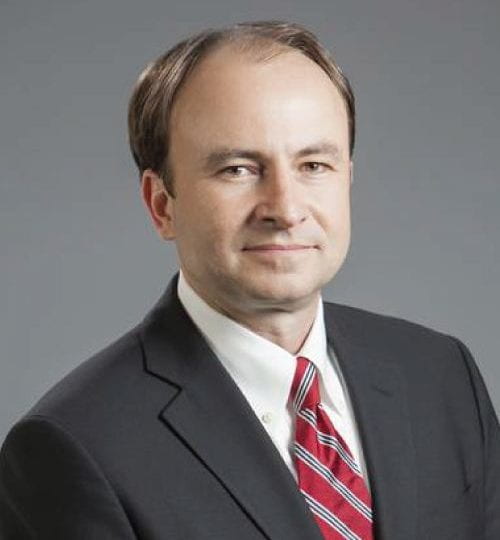This month in law+water, we explore a multi-billion-dollar PFAS contamination settlement, new Texas legislation that tightens groundwater availability requirements for developers, and how the Lost Pines Groundwater Conservation District’s Stakeholder Committee could provide a model for other groundwater conservation districts throughout the state.
Category: law+water
It may come as little surprise that like everything else water is fertile ground for litigation. With that in mind Texas+Water is launching a new feature called (by now you can probably guess) . . . Law+Water. This occasional feature will present a range of views on Texas water law, federal legal developments that could impact Texas, and significant water law issues in those bordering states and Mexico with whom we share watersheds that could impact Texas.
law+water: Mike Gershon and Nathan Vassar
This month we explore issues on the topics of whether New Mexico must limit farmers from pumping groundwater to ensure the availability of Rio Grande flows for Texas and Mexico, how the EPA may implement its Clean Power Plan, and a review of a case where plaintiffs sought damages based on claims that the San Jacinto River Authority’s release of water from Lake Conroe caused damage to their properties.
law+water: Mike Gershon and James Muela
This month we explore issues on the topics of whether an interstate groundwater resource can be subject to the federal judicial remedy of equitable apportionment, whether a property owner asserted a viable claim for violation of the equal protection clause when he asserted that the Brazos Valley Groundwater Conservation District treated him differently from other property owners, and the definition of “Waters of the United States,” and by association, the scope of the Clean Water Act.
law+water: Marisa Perales
This month we explore issues on the topics of whether TCEQ’s interpretation of anti-degradation requirements for wastewater discharge permits is consistent with the federal Clean Water Act, whether the Clean Water Act “requires a permit when pollutants originate from a point source but are conveyed to navigable waters by a nonpoint source,” and whether TCEQ staff’s anti-degradation review was adequate to demonstrate that the receiving water’s designation of “exceptional aquatic life use” will be maintained and that water quality will not be lowered by more than a de minimis amount, if the requested discharge were permitted.
law+water: Mike Gershon
This month we explore issues on the topics of whether New Mexico is responsible for evaporation losses when storing and accounting for water earmarked for Texas under the Pecos River Compact, whether a groundwater marketer and its municipal partners will face a permit protest from a neighboring pecan farm several years after the initial permit decision or when the permit is automatically renewed and the ability of an existing utility to protect its service area (CCN) from curtailment.





